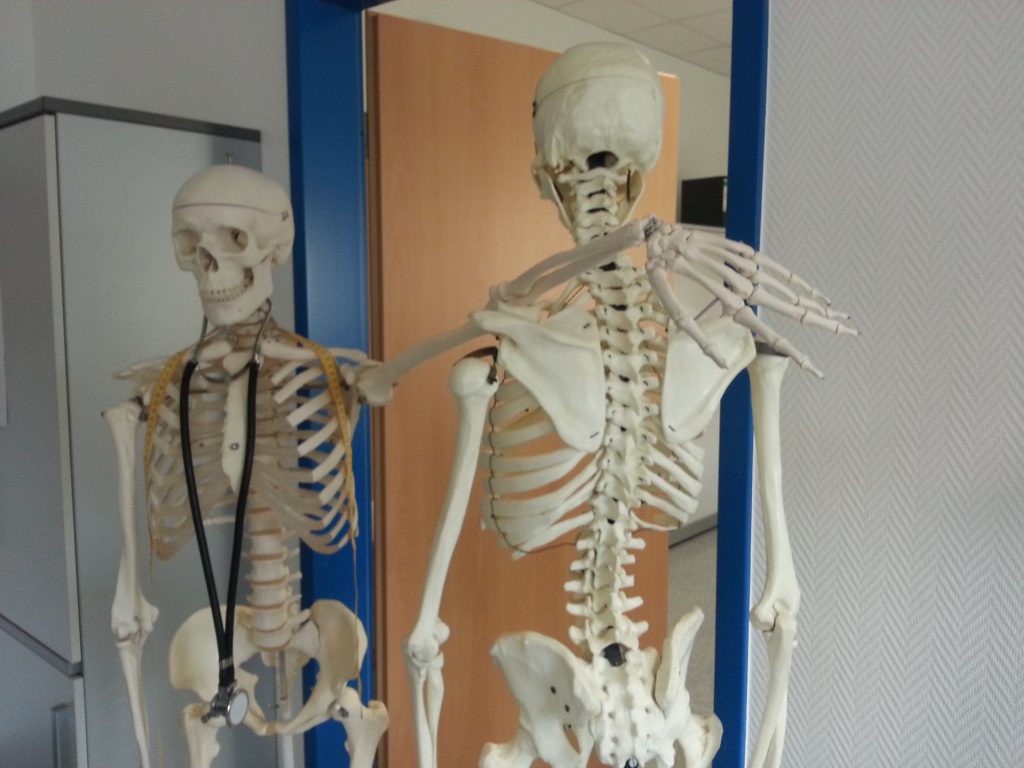 Injuries sustained on the job present challenges for the employee and employer, especially when multiple sites of injury are involved. In addition, injuries all over the body can require different medical treatments for each affected area. Specialized treatments such as a spinal cord stimulator can be recommended to alleviate pain to an injured worker. However, a workers compensation insurance company may not be amenable to pay for such treatment. The following case addresses the question, can a workers compensation claimant receive spinal cord stimulator treatment in Louisiana?
Injuries sustained on the job present challenges for the employee and employer, especially when multiple sites of injury are involved. In addition, injuries all over the body can require different medical treatments for each affected area. Specialized treatments such as a spinal cord stimulator can be recommended to alleviate pain to an injured worker. However, a workers compensation insurance company may not be amenable to pay for such treatment. The following case addresses the question, can a workers compensation claimant receive spinal cord stimulator treatment in Louisiana?
Byron Gulley sustained injuries to his head, shoulder, wrist, back, knee, hip, foot and ankle as a result of a golf cart accident while working for the Hope Youth Ranch in June 2009. The claimant was seeing a pain management specialist, Dr. Chad Domangue, who recommended a spinal cord stimulator trial because other medications and treatments failed to address Gulley’s significant low back adequately, left hip, and leg pain. As such, Dr. Domangue filed the proper form requesting this treatment pursuant to the Medical Treatment Guidelines. This request was ultimately denied by the employer’s insurance carrier. Gulley brought the denial to the Medical Director of the Office of Workers’ Compensation, which also rejected the request and the Workers’ Compensation District two affirmed the denial.
Thereafter, Dr. Domangue continued to see and treat Gulley. Even though the spinal cord stimulator could not address all areas of Gulley’s pain, he believed it was the best option to treat his most significant pain areas. As such, he filed a second request, which was also denied by the employer’s insurance carrier. Gulley then sought approval for the procedure from the Medical Director, who again denied approval because the topography of the claimant’s pain was not amenable to stimulation coverage.
The Louisiana Office of Workers Compensation (OWC) held that Gulley failed to meet his burden of proof. Gulley appealed, contending that the OWC erroneously interpreted the Medical Treatment Guidelines to require that the stimulator address every area of pain. However, the Court of Appeals affirmed the OWC’s decision. The Courts relied on 40 La. Admin. Code. Pt. I, § 2113, which addresses the operative procedures for chronic pain management, including the implantation of a spinal cord stimulator, and finds that the entire pain area must be covered.
Thankfully, the Supreme Court of Louisiana is not quick to deny treatment that could potentially significantly help a worker’s injuries. The Court relies on the legislative intent of 40 La. Admin. Code. Pt. I, § 2113, and finds that “every bit” should not be interpreted as every single site of injury as that would be nearly impossible in some instances. The Court held it should be enough that treatment would remedy a significant amount of the claimant’s pain, and Dr. Domangue here even specifies that this pain is the primary contributor. Therefore, the Louisiana Supreme Court overruled the Medical Director and stated the OWC misinterpreted the Medical Treatment Guidelines, which should not be construed so narrowly. The Louisiana Court answered the question, “can a workers compensation claimant receive spinal cord stimulator treatment?” affirmatively.
Ultimately Gulley’s treatment was approved by virtue of the Louisiana Supreme Court. However, it can take an expert workers’ compensation attorney to ensure their clients receive the treatment necessary to cure their pains. Make sure you research your attorney to ensure they are qualified and will fight for your rights as far up the court system as needed.
Additional Sources: Byron Gulley v. Hope Youth Ranch, et al.
Written by Berniard Law Firm Writer Josephine Kostick
Other Berniard Law Firm Article on Workers’ Compensation: What Happens When Your Employer Is Not Paying Your Workers’ Compensation Medical Costs
 Louisiana Personal Injury Lawyer Blog
Louisiana Personal Injury Lawyer Blog

